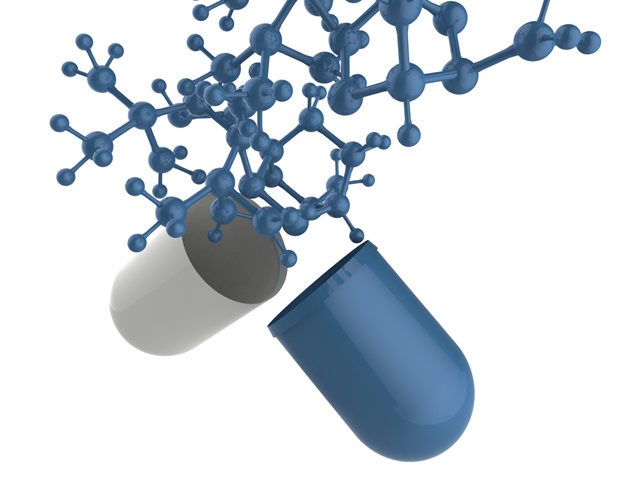A new study has developed an innovative approach to combat antibiotic-resistant bacteria by tagging them with a chimeric agent that activates the immune system towards them. This approach not only enhances immune response against evasive pathogens but also shows potential for targeting a broad range of microbial threats, offering a promising new direction for fighting drug-resistant infections and advancing antimicrobial therapies.
Researchers at the Hebrew University of Jerusalem have developed an innovative approach to fight antibiotic-resistant bacteria by creating a “tagging” technique that helps the immune system recognize and eliminate these elusive pathogens. The study, led by Prof. Zvi Hayouka, PhD student Yael Belo, and Dr. Einav Malach from the Institute of Biochemistry, Food Science, and Nutrition at the Robert H. Smith Faculty of Agriculture, Food & Environment, showcases a novel therapeutic strategy to combat infections that evade the immune sysetm detection.
Pathogens often escape immune system defenses by altering their structures or producing enzymes that interfere with immune responses, leading to severe infections. Addressing this challenge, the researchers developed a chimeric agent-;essentially a fusion of two different molecules-;that combines a peptide bacterial binder with an immune-protein tag, which the immune system recognizes. This tagging agent effectively flags the pathogen, signaling the immune system to destroy it.
This innovation centers on a bacterial peptide binder conjugated to C3b, a protein that activates the immune system’s complement pathway. The researchers demonstrated that this chimeric tag could effectively bind to complement-resistant E. coli, achieving a 90% reduction in bacterial cells after recruiting other compliment proteins .
This tagging approach not only targets bacteria but also shows promise for tagging other microbial threats, like fungi, suggesting a versatile pathway to recruit the immune system against a range of pathogens. By enhancing complement sensitivity in previously resistant pathogens, this strategy paves the way for new, selective antimicrobial agents that may one day transform the way we combat bacterial infections.
This research marks an important step forward in developing effective treatments against pathogens that can evade the immune system, opening new doors for innovative therapies in the ongoing fight against drug-resistant infections.
Belo, Y., et al. (2024). Recruiting the Immune System against Pathogenic Bacteria Using High-Affinity Chimeric Tags. Bioconjugate Chemistry. doi.org/10.1021/acs.bioconjchem.4c00291.
Source link : News-Medica

